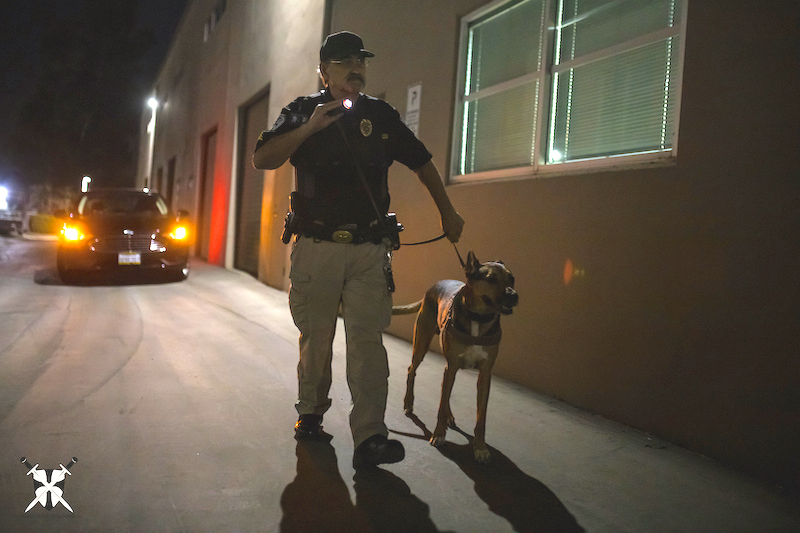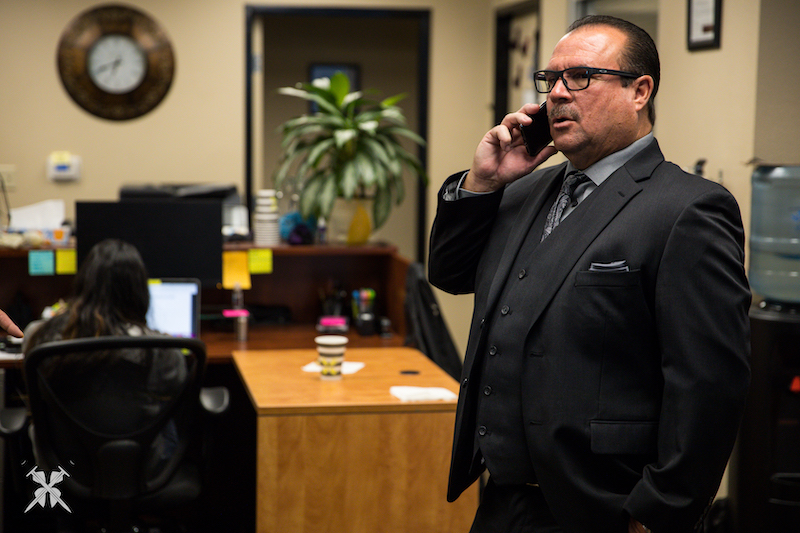De-escalation
De-escalation
In the realm of security and law enforcement, the ability to de-escalate potentially volatile situations is a critical skill. De-escalation involves employing empathy, active listening, understanding, psychological tactics, and charisma to reduce tensions and avoid the use of excessive force. In this blog, we will explore the best methods for de-escalation and provide examples of how security officers can defuse situations effectively. Additionally, we will highlight the legal advantages of prioritizing de-escalation techniques in security operations.
One of the fundamental building blocks of successful de-escalation is empathy. Security officers must try to understand the emotions and perspectives of the individuals involved in the situation. Demonstrating genuine concern and acknowledging the feelings of those in distress can significantly defuse tensions. Active listening is equally crucial, as it allows security officers to gain valuable insights into the root causes of the conflict and identify potential solutions. Example: A security officer encounters an upset individual who is frustrated by a long wait and is becoming increasingly agitated. By empathizing with the person's feelings of impatience and acknowledging their frustration, the officer can create a connection and work towards finding a resolution together.
Understanding the underlying motivations and triggers of those involved in the situation is key to effective de-escalation. Some individuals may be experiencing heightened stress, mental health challenges, or personal issues, which can influence their behavior. Applying psychological tactics, such as giving choices or using diversion techniques, can help redirect their focus and calm their emotions. Example: During a tense confrontation, a security officer may recognize signs of anxiety in an individual. By offering a choice in how to proceed or diverting the person's attention to a different topic, the officer can create a sense of control and reduce anxiety, leading to a more peaceful resolution.
Charisma is a potent tool in de-escalation, as it helps security officers build rapport and establish a positive connection with the individuals involved. Displaying confidence, approachability, and genuine concern can ease tensions and make individuals more receptive to cooperation. Example: A security officer tasked with managing a crowd during a public event can use charisma to engage with the attendees. By offering a friendly or beaming smile, maintaining a calm demeanor, and showing enthusiasm, the officer can influence the mood of the individual or crowd and prevent potential conflicts.
Prioritizing de-escalation techniques offers several legal advantages for security officers. By employing non-violent methods to resolve conflicts, officers can:
1. Minimize the risk of physical injuries to both officers and individuals involved in the situation. This reduction in physical force also mitigates potential legal liabilities resulting from excessive use of force.
2. Build public trust and confidence in law with the community and even law enforcement. When communities witness officers actively seeking peaceful resolutions, it fosters positive relationships between officers, clients and the community.
Here at Guardian Protection Force we encourage our officers to master the essential art of verbal judo. However to make sure they have the skills needed we remind them though training and review incidents reported to find out what went well and what could be improved.
De-escalation is a crucial skill that security officers should master to maintain safety while minimizing the use of excessive force. By deploying empathy, listening skills, understanding, psychological tactics, and charisma, officers can effectively defuse tense situations. These de-escalation techniques not only ensure a peaceful resolution but also offer legal advantages by reducing liabilities, enhancing public trust, and promoting officer safety. As security personnel prioritize de-escalation in their approach to managing conflicts, they contribute to a safer and more cohesive society, fostering trust and cooperation between law enforcement and the communities they serve.
“Those who make conversation impossible make escalation inevitable.”
-Stefan MolynuexDe




